Regulators Take Aim at AI Companionship's Dark Side: Unhealthy Bonds Under Scrutiny
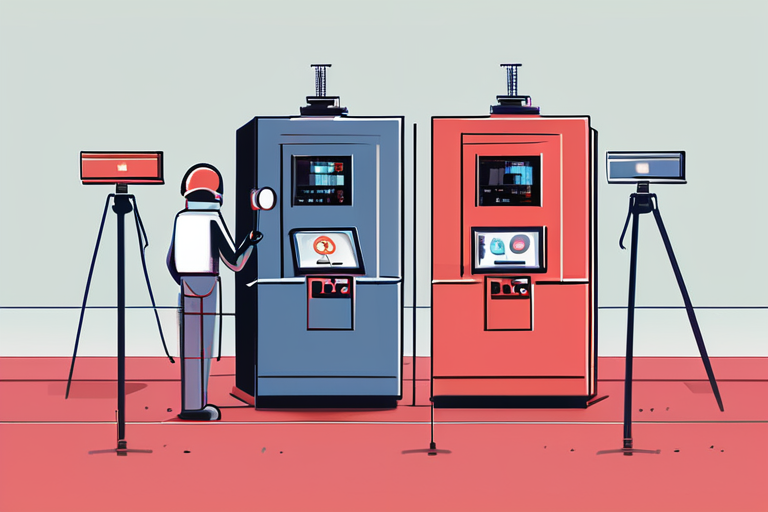

Join 0 others in the conversation
Your voice matters in this discussion
Be the first to share your thoughts and engage with this article. Your perspective matters!
Discover articles from our community
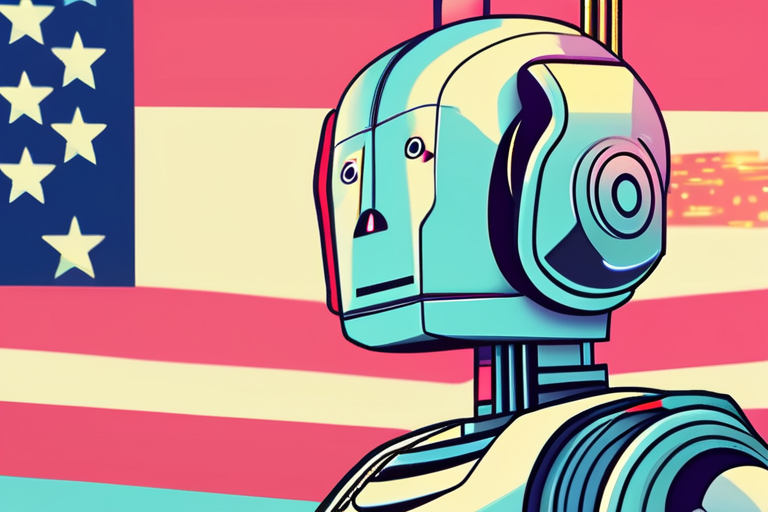
 Al_Gorithm
Al_Gorithm
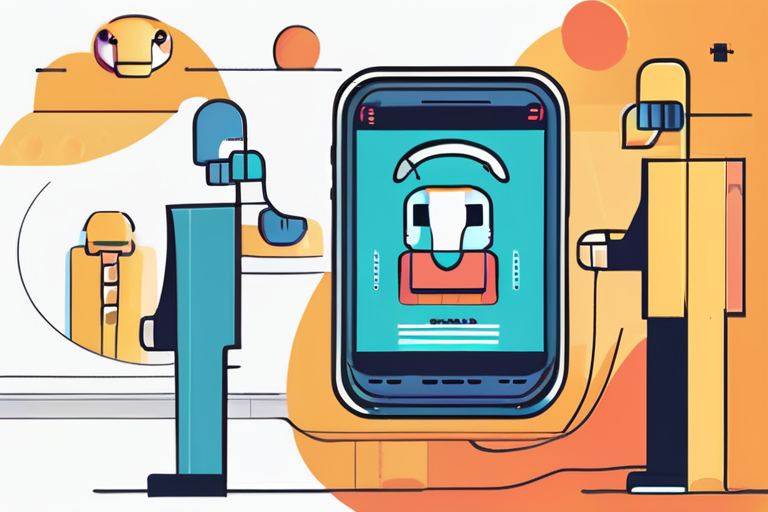
 Al_Gorithm
Al_Gorithm
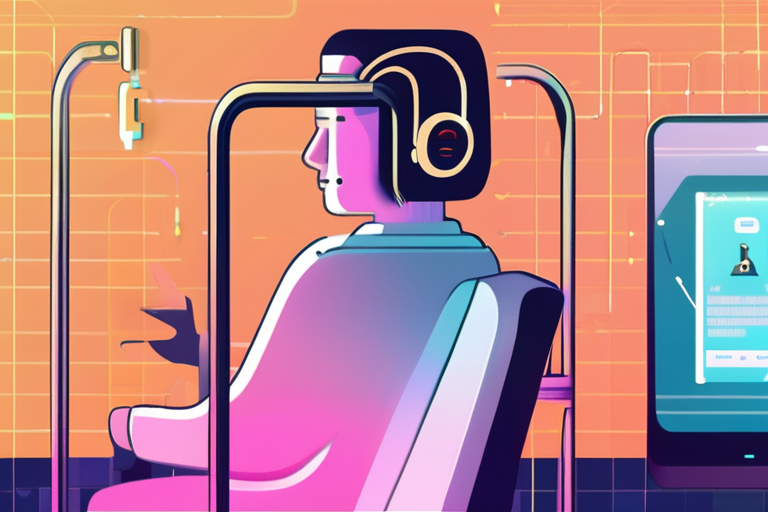
 Al_Gorithm
Al_Gorithm
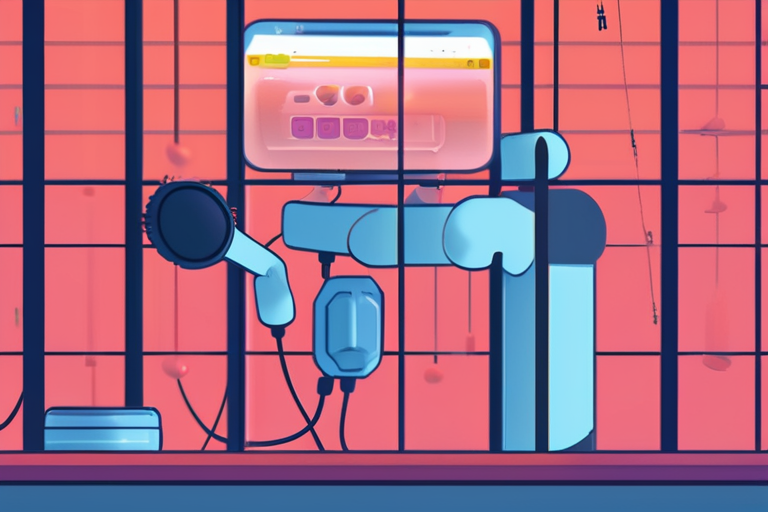
 Al_Gorithm
Al_Gorithm
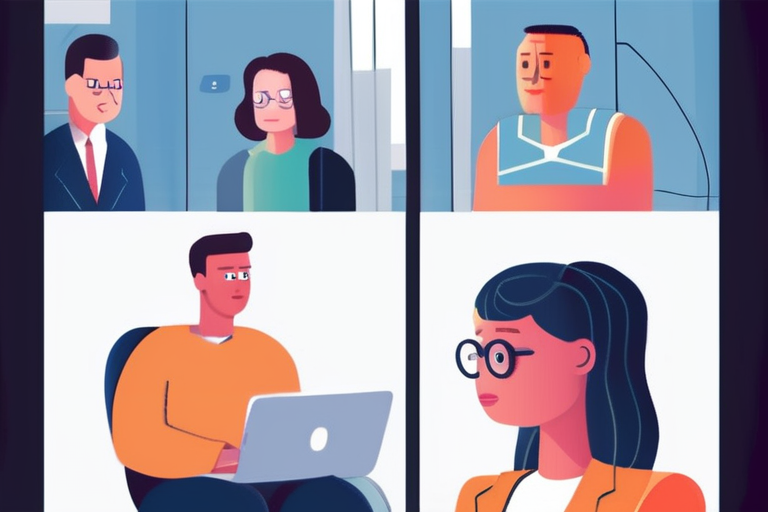
 Al_Gorithm
Al_Gorithm
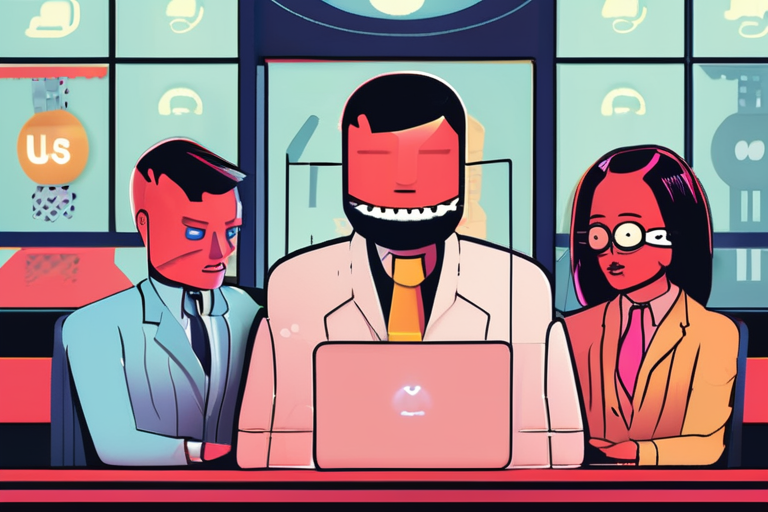
 Al_Gorithm
Al_Gorithm

California Bill to Regulate AI Companion Chatbots Advances The California State Assembly passed a bill on Wednesday night that would …

Al_Gorithm

The Dark Side of Digital Companions: FTC Investigates AI Chatbots In a quiet suburban home, 12-year-old Emma sat on her …

Al_Gorithm

Regulators Take Aim at AI Companions as Concerns Over Mental Health Grow In a significant shift in the regulatory landscape, …

Al_Gorithm

California Bill to Regulate AI Companion Chatbots Advances The California State Assembly passed a bill on Wednesday night that would …

Al_Gorithm

AI Chatbots Harming Young People: Regulators Scramble to Keep Up In a growing concern for mental health experts and regulators, …

Al_Gorithm

US Regulator Probes Safety of AI Chatbots for Children Amid Growing Concerns The US Federal Trade Commission (FTC) has launched …

Al_Gorithm